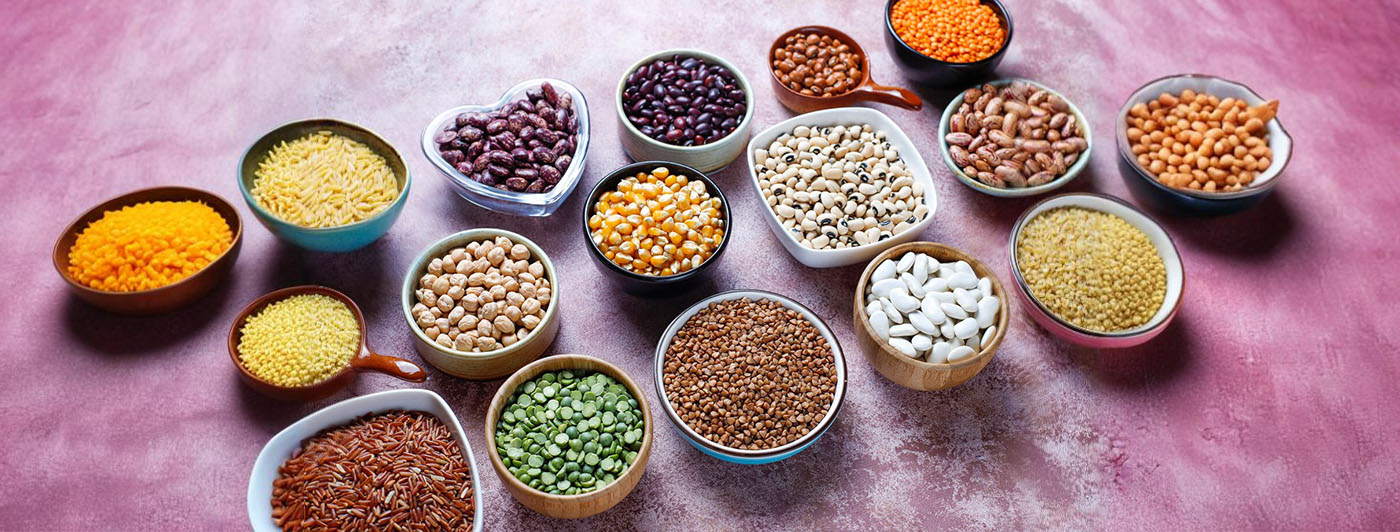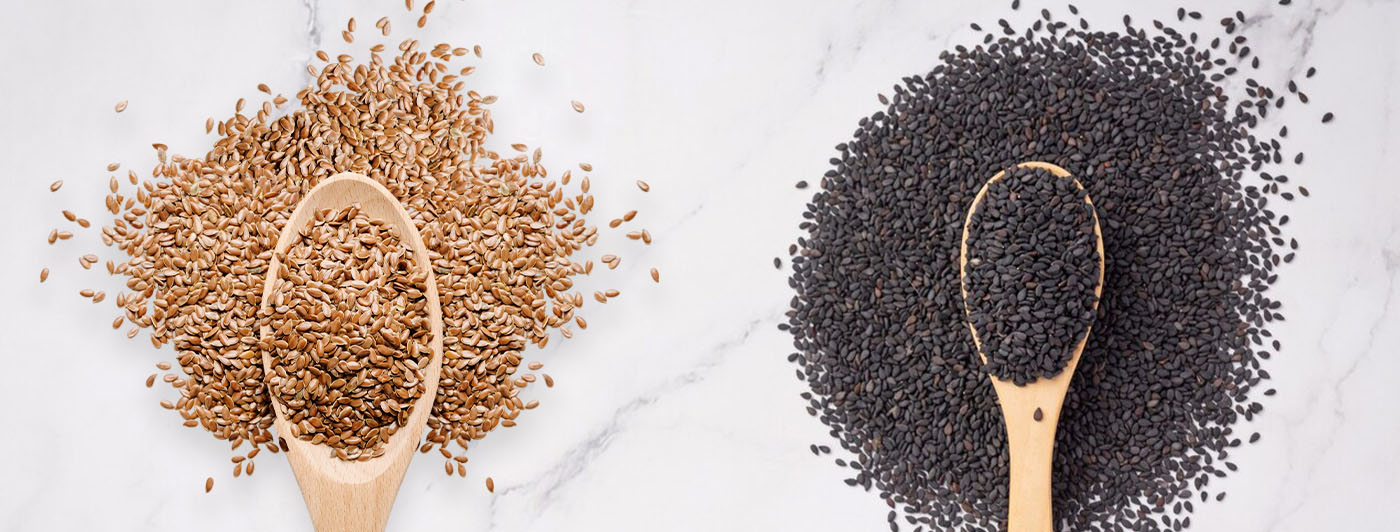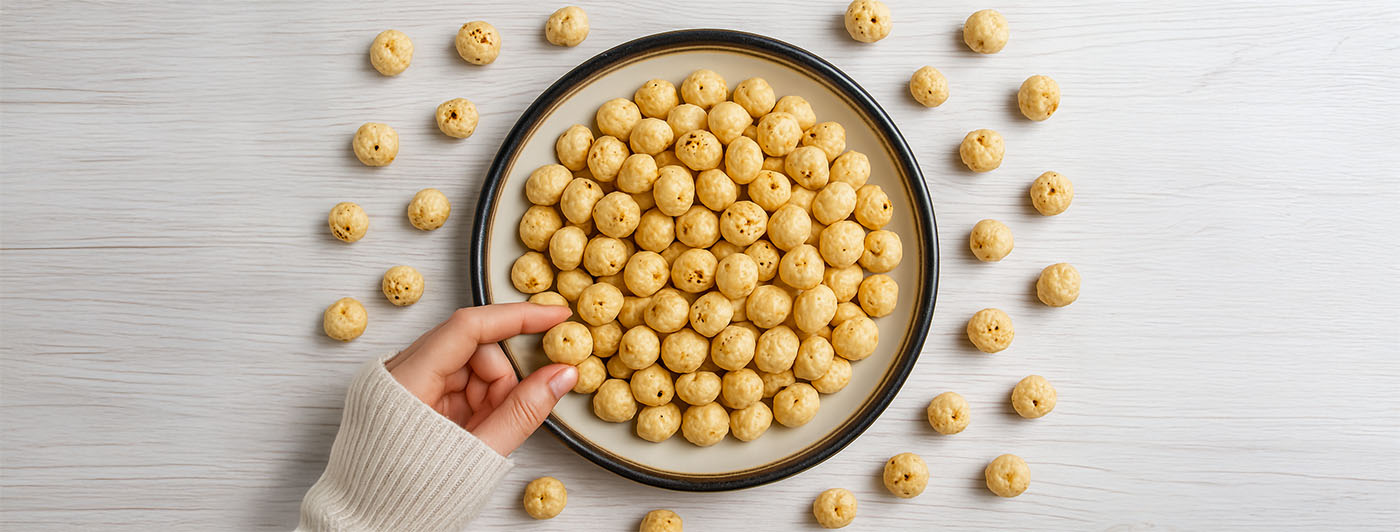Looking to boost your protein intake without touching meat or eggs? You’re not alone. With more people embracing plant-based lifestyles, knowing where to get your protein from has never been more important—or more exciting. India’s culinary landscape is a treasure trove for anyone seeking healthy, protein-rich, plant-based meals. The sheer diversity of vegetarian protein sources in India ensures that you don’t need to rely on meat or eggs to meet your nutritional needs. Whether your goal is to build muscle, improve energy, or maintain overall wellness, this guide covers the best vegetarian options that are both traditional and modern.
Why Prioritize Vegetarian Protein Sources in India?
Protein is essential for building and repairing tissues, maintaining muscle mass, producing enzymes, and supporting metabolism. While animal products are traditionally seen as protein-rich, a vegetarian diet can meet these needs just as effectively—especially with the variety available in Indian cuisine.
Vegetarian protein sources in India—like lentils, legumes, dairy, grains, and seeds—are not only protein-packed but also come loaded with fiber, vitamins, and minerals. Traditional meal combinations such as dal with rice or chapati with chana naturally provide a complete amino acid profile, which is key for muscle and cell repair.
According to the Indian Council of Medical Research (ICMR), the recommended daily allowance (RDA) of protein is approximately 0.8 to 1 gram per kilogram of body weight. With thoughtful planning, a vegetarian Indian diet can easily meet these requirements—supporting muscle growth, weight management, and overall health without compromising on nutrition.

Now let’s dive into the 15 Best vegetarian protein sources in India!
1. Lentils (Dal)
Lentils like moong, masoor, urad, and toor dal are daily staples in Indian homes—and for good reason. One cup of cooked lentils offers up to 18 grams of protein. They're also rich in complex carbs, iron, and fiber. Moong dal khichdi, sambar, and dal tadka are not only comfort foods but also nutritional powerhouses. Soaking lentils before cooking improves digestibility and enhances nutrient absorption, making them one of the most traditional vegetarian protein sources in India.
2. Chickpeas (Chana)
Boiled or sprouted, chickpeas are a protein-rich superfood, providing 15 grams of protein per cup. They're also high in folate, fiber, and manganese. From Punjabi chole to Mediterranean-style hummus, chickpeas are versatile. They support blood sugar regulation and promote fullness, making them great for those following a calorie deficit to lose weight. Their availability and affordability make them one of the easiest vegetarian protein sources in India to add to your diet.
3. Kidney Beans (Rajma)
A beloved North Indian delicacy, rajma offers 13–15 grams of protein per cup and is packed with fiber, folate, and iron. It supports digestive health and helps stabilize blood sugar. Eating rajma with rice forms a complete protein. Slow-cooking them with spices brings out their flavor and nutritional value. Among all vegetarian protein sources in India, rajma stands out for its hearty, satisfying texture and taste.
4. Quinoa
Quinoa contains all nine essential amino acids, offering 8 grams of protein per cooked cup. It’s also a great source of magnesium, iron, and antioxidants. Quinoa can replace rice in pulao, be added to soups, or even served as a breakfast bowl with fruits and nuts. It’s ideal for those exploring plant based protein vs whey options due to its digestibility and amino acid completeness. Though not native, quinoa is fast becoming a staple among urban vegetarian protein sources in India.
5. Tofu
With 10 grams of protein per 100 grams, tofu is a complete protein derived from soybeans. It’s also rich in calcium and iron, beneficial for bone health. Tofu absorbs spices beautifully, making it ideal for stir-fries, tofu bhurji, or adding to Thai curries. Marinate and grill it for a satisfying meat-free protein option. Tofu is increasingly recognized as one of the more versatile vegetarian protein sources in India, especially among those following vegan diets.
6. Paneer
Paneer is a favorite among vegetarians for its creamy texture and high protein (18 grams per 100 grams). It’s also a rich source of calcium and vitamin D. Use it in curries like matar paneer or paneer tikka for a protein-rich dish that satisfies taste and nutrition. Homemade paneer made from full-fat milk is even richer in nutrients. Paneer continues to be one of the most loved vegetarian protein sources in India, especially in high-protein Indian diets.
7. Greek Yogurt (Hung Curd)
Hung curd has a thick, creamy consistency and nearly double the protein of regular curd—around 10 grams per 100 grams. It’s probiotic-rich and supports gut health. Make smoothie bowls, raitas, or dips with herbs and spices. As a low-fat, filling snack, it’s perfect for those aiming for a calorie deficit to lose weight. It holds a solid place among dairy-based vegetarian protein sources in India.
8. Amaranth (Rajgira)
Rajgira offers 9 grams of protein per cooked cup and is one of the few grains that is a complete protein. It’s also one of the best vitamin B7 sources, vital for hair, skin, and metabolic health. Use it to make laddoos, porridge, or pancakes. Rich in lysine, amaranth is excellent for tissue repair and muscle development, gaining attention among lesser-known vegetarian protein sources in India.
9. Sprouted Moong
Sprouted moong beans provide 14 grams of protein per 100 grams and are rich in antioxidants and enzymes. Sprouting increases their vitamin C content and reduces antinutrients, improving nutrient absorption. Mix with cucumber, lemon, and spices for a refreshing salad or sauté with onion and tomato for a quick breakfast. This is a fresh and easily digestible option among vegetarian protein sources in India.
10. Nuts and Seeds
Nuts like almonds, walnuts, and peanuts, and seeds like chia, flax, and pumpkin offer 6–10 grams of protein per serving. They're also top vitamin E foods, supporting immunity and skin health. Sprinkle seeds over your morning smoothie or use nut butter as a dip. Chia seeds, in particular, are also loaded with fiber and omega-3s. They are essential components of snack-friendly vegetarian protein sources in India.
11. Sattu
Sattu, or roasted Bengal gram flour, offers around 20 grams of protein per 100 grams. Rich in iron, magnesium, and fiber, it’s cooling and nourishing. Mix it with lemon, salt, and water for a refreshing drink or use it in parathas for a wholesome meal. It supports digestive health and energy levels—especially during summer. As a rural yet powerful option, it remains one of the oldest vegetarian protein sources in India.
12. Soy Chunks
With a massive 52 grams of protein per 100 grams (dry), soy chunks are a budget-friendly muscle builder. They're also rich in calcium and iron. Rehydrate and cook them into pulao, curry, or kebabs. They’re particularly useful for vegetarians focused on muscle gain or seeking alternatives to protein powder for women that are food-based and natural. Among modern vegetarian protein sources in India, soy chunks are unmatched in concentration.
13. Makhana (Fox Nuts)
Makhana contains 3–5 grams of protein per serving and is rich in magnesium and antioxidants. It’s low in calories, supports heart health, and is ideal for snacking between meals. Roast with ghee and spices or make makhana curry with a cashew-tomato base. Its low glycemic index makes it suitable for diabetics. Makhana earns its spot as a light and accessible vegetarian protein source in India.
14. Buckwheat (Kuttu)
Kuttu is gluten-free, alkaline, and rich in protein (6 grams per cup when cooked). It also provides B vitamins and antioxidants. Traditionally consumed during fasting, it can be used to make dosas, cheelas, or rotis. Kuttu also helps in reducing inflammation and maintaining heart health. As one of the seasonal vegetarian protein sources in India, it remains underrated but impactful.
15. Millet Varieties (Ragi, Bajra, Jowar)
Millets are powerhouse grains. Ragi is rich in calcium and offers 7–8 grams of protein per cup. Bajra and jowar offer about 10–12 grams and are high in iron and fiber. Use them to make rotis, dosas, or upma. They're gluten-free and help regulate blood sugar levels. Easily among the Best Plant protein options, millets are also sustainable and indigenous vegetarian protein sources in India.
Bridging the Protein Gap
Even with all these rich vegetarian protein sources in India, some people—especially athletes or those with higher protein needs—might benefit from an extra boost. A clean, dairy-free vegan protein powder made from peas, brown rice, or hemp can be helpful to meet your daily intake conveniently.
In the plant based protein vs whey discussion, plant based proteins win for those with dairy intolerance or looking for a more sustainable choice. They offer benefits without the bloating or ethical concerns linked to animal-derived proteins.
Final Takeaway
The variety and richness of vegetarian protein sources in India are more than enough to meet your health and fitness goals—naturally and affordably.
Whether you're aiming to build strength, lose weight, or simply eat cleaner, your solution is already on your plate. From dals and legumes to seeds, grains, and dairy—these everyday foods are your hidden protein powerhouses. So the next time you plan a meal, remember: your thali isn’t just tradition—it’s your daily dose of strength.
Start small. Combine smart. Eat mindfully. Your body will thank you.












